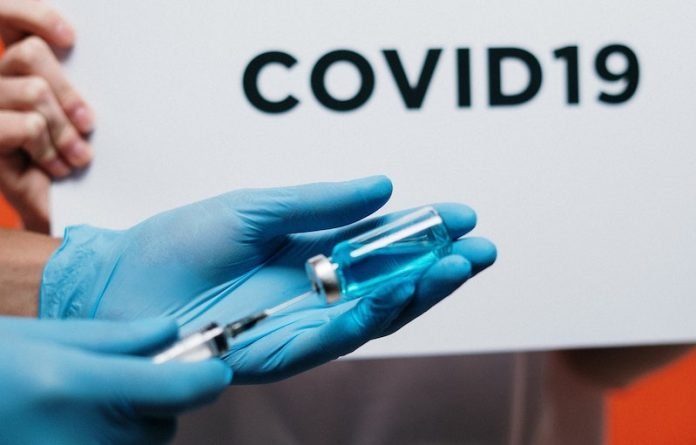
Scientists from the University of Alabama at Birmingham found a neutralizing monoclonal antibody that potentially acts as a potent universal coronavirus therapy against COVID-19 and all variants of concern, including beta, gamma, delta, epsilon and omicron.
It also even shows effectiveness against several common cold coronaviruses.
The research is published in PLOS Pathogens and was conducted by James J. Kobie et al.
In the study, the hunt for useful antibodies began with screening blood samples from adult convalescent patients.
The universal activity against all beta-coronaviruses results from a monoclonal antibody targeting the S2 stalk region of the viral spike (S) protein that is highly conserved among beta-coronaviruses, yet is also essential for the virus to attach and enter cells, leading to infection.
In animal experiments, the monoclonal antibody is protected against infections when given as an intraperitoneal injection or a nasal dose.
It also shows effectiveness against the deadly previous coronaviruses SARS-CoV, the Severe Acute Respiratory Syndrome that emerged in China in 2002, and MERS-CoV, the Middle East Respiratory Syndrome that appeared in Saudi Arabia in 2012.
The monoclonal antibody, and another monoclonal antibody discovered earlier by the researchers, are being developed as a therapeutic cocktail for COVID-19.
The team hopes that identifying and studying such antibodies can lead to the development of vaccines that protect from all coronaviruses.
The SARS-CoV-2 that causes COVID-19 has killed 6.3 million people worldwide since 2019, painfully highlighting the vulnerability of humanity to novel coronaviruses.
If you care about COVID, please read studies about an important cause of COVID-19 deaths in older people, and people in these two blood groups have lower risk of severe COVID-19.
For more information about COVID, please see recent studies about whether monkeypox is the next COVID-19, and results showing this ‘black fungus’ disease is deadly and common in people with COVID-19.
Copyright © 2022 Knowridge Science Report. All rights reserved.



